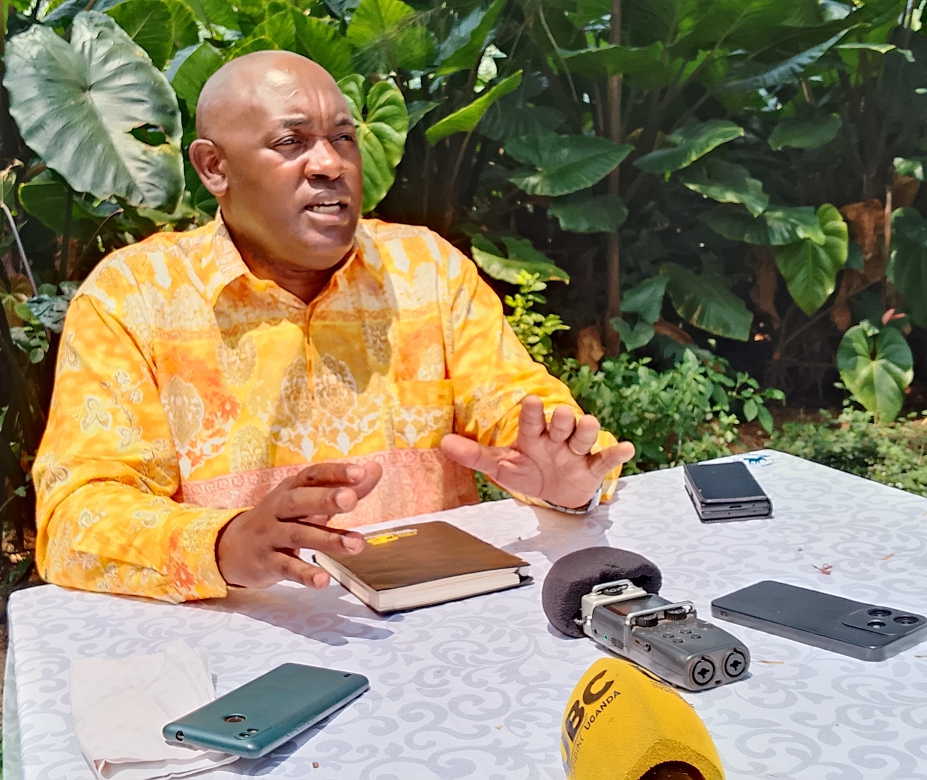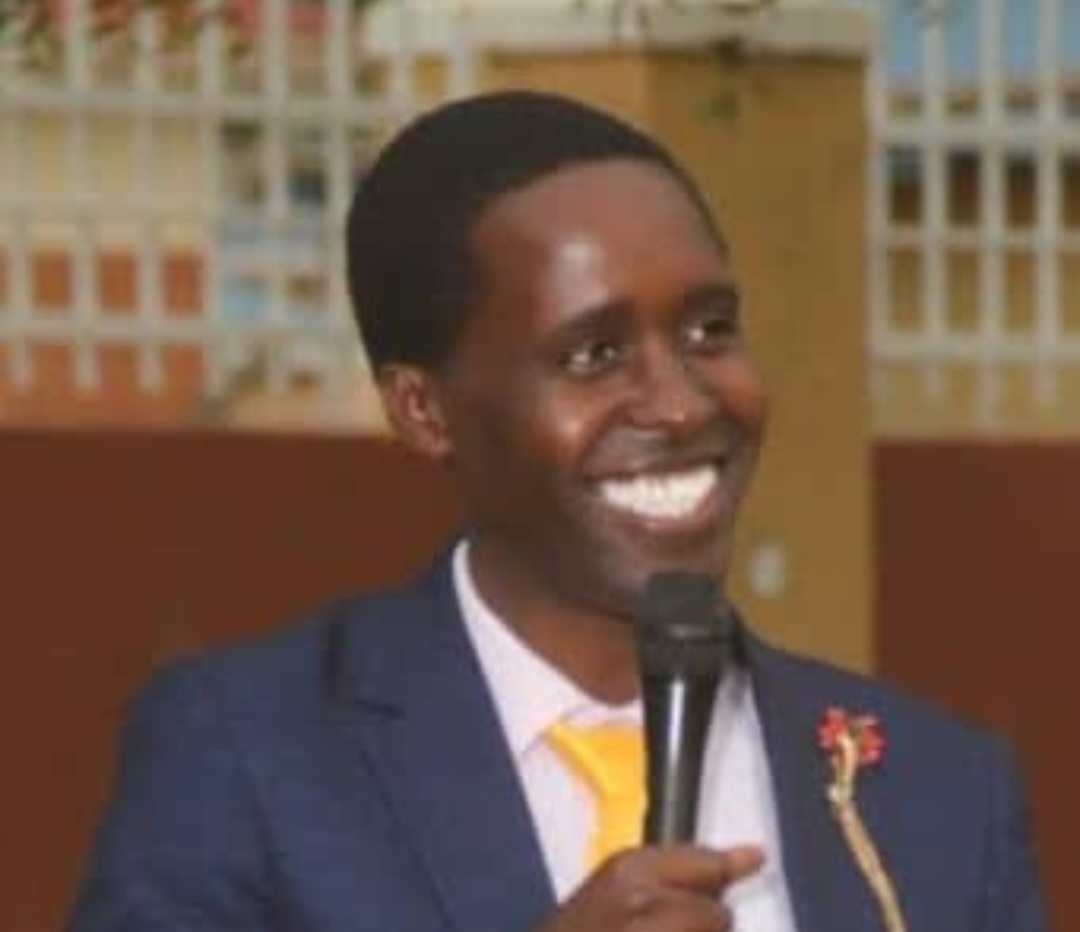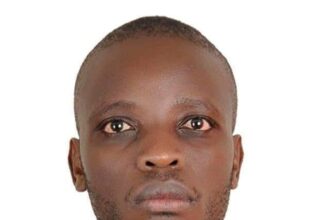People Power is the most trending political cult in Uganda. They are angry at the corruption of President Yoweri Museveni and his National Resistance Movement (NRM) government. While its followers carry a deep sense of victimhood, they are not resigned but energized. They want to get Museveni out of power – but what for? To that later!
The cult has a large following across Uganda’s urban social groups: young professionals, students, unemployed youth, boda boda riders, hawkers, taxi touts, lumpens (bayaye) and some respectable intellectuals. But for the most part, cult members are high on emotion and short on public policy, loud in rhetoric but lacking in organization. While most organizations would see this as a handicap, People Power cult members see this as a virtue. Why?
It is because the cult does not seek power for high ideals or ideological goals. For all its self-righteousness, it seeks power primarily to give its supporters a chance at official loot. They are energized because they see the removal of Museveni as an opportunity get a chance at the trough. We see this in how they conceptualize political power. They think anyone who supports Museveni/government has been paid; there exists no ideological, historical, ethnic, religious or even emotional support for government.
If I share any sympathy for [and agreement with] People Power, it is that they are asking for something fundamental i.e. we need to give a chance to another ethno-regional or even demographic coalition to come to power and “loot” on behalf of its followers. That is all People Power offers. What I am not sure about is whether in their greed, cult leaders would pick a leaf from Museveni i.e. always ensure a continually growing economy to pay for increasing patronage demands.
Now Museveni has presided over the most corrupt government in Uganda’s history yet the NRM came to power promising to fight it. Museveni is a much more sophisticated individual. He has some belief that the pursuit of power, while involving exchange of money, can also be motivated by high ideals and broader ideological goals. It is this nuance that is missing in the People Power cult.
I longer hold the utopian belief in the virtues of term limits on presidents as a key to democracy and accountable government in a poor country. However, I am inclined to believe that governments, especially in ethnically fragmented societies like ours, need to change regularly. Presidential term limits are needed to ensure regular change of power. When a president retires, the new one should come from a different ethnic region. This way, ethnic elites can rotate at the trough, thereby ensuring an equitable distribution of opportunities “for loot” and most likely, political stability.
The fatigue and anger we see in Uganda towards Museveni is largely because of a deep-seated grievance that “Westerners” have been at the trough too long. Other ethnic regions need their turn too. Therefore the best solution for Uganda [as a federation of ethnicities] is to rotate power among them. Many intellectuals would be horrified at my suggestion that patronage and clientelism (otherwise called corruption) is the real basis for order in poor countries and without it, the state could easily disintegrate. But this is largely because they are naïve and idealistic.
Museveni has ruled with the same corruption and patronage as Mobutu of former Zaire. However, he has done this while sustaining an impressing rate of economic and therefore revenue growth. This has allowed him to continually build the institutional capacity of the state and meet the demands for more patronage and a bit of welfare. By not sustaining economic growth, Mobutu ate the goose that was supposed to lay the golden egg of state consolidation. Museveni has demonstrated that patronage and clientelism (corruption) are not necessarily injurious to state building but are an important accompaniment to it.
In his essay “Finishing off with the Idea of the Third World, The Concept of the Political Trajectory” Jean Francois Bayart argues that politics must be understood as a moment in a very long-term story. This can be a story of a civilization, of a culture and of a system of inequalities. Out of a people’s experience of this past, a past involving external and endogenous forces, people construct various “discursive genres” through which politics is understood and participated in. Bayart gives examples of such genres as the British system of representative government and civil liberties, Islamic thought, etc.
In Uganda, and indeed across most of Sub Sahara Africa, the “discursive genre” about political power is “eating.” From inception, the colonial economy was built as an integral part of politics – economic resources flowed to those with power. The benefits of modernity (jobs as chiefs, civil servants, teachers, etc. or allocation of land and trading licenses) went to those who collaborated with the colonial state.
Thus control of state power became a means of controlling economic resources and in turn control of economic resources became a means of reproducing power through neo-patrimonial networks. African elites did not fight for independence to dismantle the colonial state but to inherit its privileges. Listening to them, it becomes clear that People Power is the embodiment of this popular expectation. Given power, it would reproduce exactly what Museveni has presided over – massive corruption and patronage – but most likely (and sadly) without his finesse.
We have a rich history from which to draw such a conclusion. In 2002, Kenyans voted Daniel arap Moi’s KANU out of office because of its massive corruption. The new president, Mwai Kibaki, even appointed the indefatigable John Githongo as ombudsman. Githongo had been a leading anti corruption campaigner working with Transparency International – at one time I worked under him as a consultant. Under Kibaki, corruption skyrocketed. Within two years, Githongo had run to exile because the “looting mafia” was closing in to kill him. If Kenyans thought this was it, today, they find the corruption of the Uhuru Kenyatta government to surpass everything they have witnessed before.
This is the story of Zambia, Malawi, Nigeria, Ghana, Senegal, Benin, DRC, etc. Change of power, whether violent or peaceful, has led to more, not less corruption. The lesson is simple but fundamental: corruption is the way the system works, not the way it fails. People Power supporters accuse anyone who defends Museveni/government of being paid. This is because their “discursive genre” of politics is the cash nexus. Give them power and cash in politics will cease to be king and become emperor.
Do you have a story in your community or an opinion to share with us: Email us at Submit an Article






